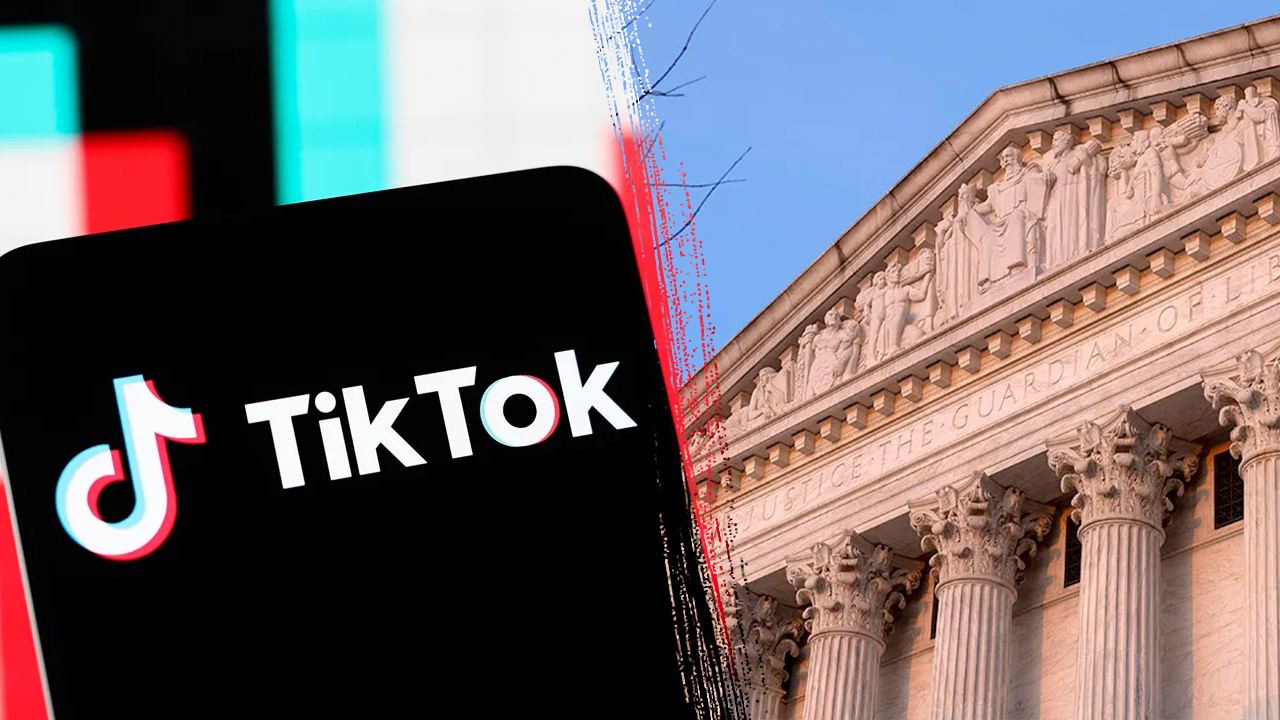Supreme Court upholds looming TikTok ban

The Supreme Court has ruled in favor of upholding a federal law that would ban the popular Chinese-owned social media platform TikTok, just two days before the bipartisan divestiture law was set to take effect. The law in question, known as the Protecting Americans from Foreign Adversary Controlled Applications Act, was passed by Congress last April with broad bipartisan support. Under the law, TikTok was given nine months to either divest from its Chinese parent company, ByteDance, or be removed from U.S.-based app stores and hosting services.
The decision to uphold the ban was made in response to concerns raised by Congress over TikTok’s Chinese ownership. Lawmakers argued that the app’s ownership by a Chinese company posed a significant national security risk, as it had the potential to be weaponized or used to collect vast amounts of user data, including from the approximately 170 million Americans who use the platform.
TikTok, ByteDance, and several users of the app filed a lawsuit to block the ban, arguing that the legislation would suppress free speech for millions of Americans who use the platform. Despite their efforts, a lower court upheld the ban, prompting TikTok to seek emergency relief from the Supreme Court just nine days before the ban was set to go into effect.
During oral arguments, lawyers for the Biden administration emphasized the national security risks associated with TikTok’s Chinese ownership. U.S. Solicitor General Elizabeth Prelogar cited concerns that China could potentially weaponize the app by manipulating its algorithm to prioritize certain content or by accessing vast amounts of user data collected by TikTok on U.S. users.
On the other hand, TikTok’s lawyers framed the case as a restriction on free speech protections under the First Amendment. They argued that the government had no valid interest in preventing foreign propaganda and reiterated TikTok’s right to free speech protections under the U.S. Constitution.
Despite TikTok’s arguments, the Supreme Court ultimately sided with the government and upheld the ban on the grounds of national security concerns. The decision marks a rare instance where the Court has upheld a law that restricts free speech, highlighting the gravity of the national security risks associated with TikTok’s Chinese ownership.
The Supreme Court’s decision comes at a time when President-elect Trump has signaled apparent support for TikTok. In December, Trump hosted TikTok CEO Shou Zi Chew at his Mar-a-Lago resort and expressed interest in reevaluating the divestiture case. While it remains to be seen how the incoming administration will handle the issue, the Court’s decision to uphold the ban underscores the importance of addressing national security risks posed by foreign-owned apps like TikTok.




